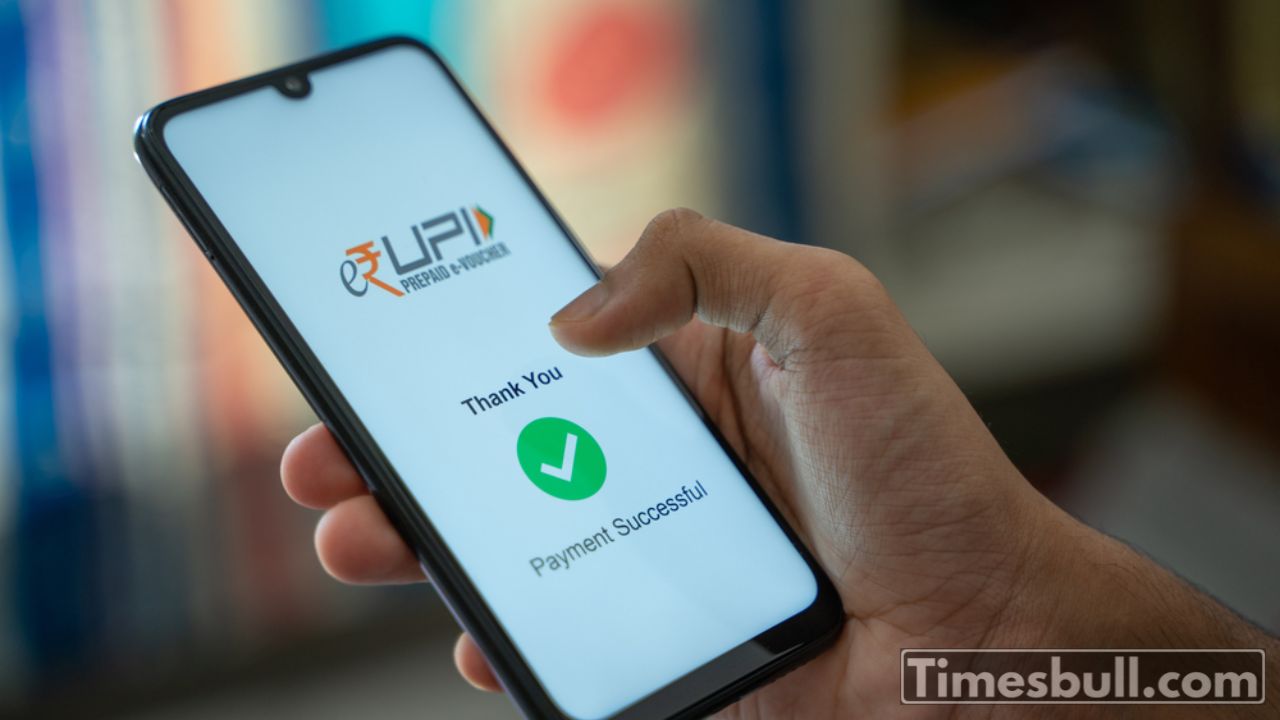NPCI Rule on UPI: If you are a UPI user, then you must be using it at least 2-4 times a day. From buying vegetables to sending money, UPI has become an important part of our lifestyle. However, the problem arises when you make a payment to someone and by mistake that payment gets transferred to someone else. Well, now there is no need to worry about this.
To quickly resolve the problems in UPI payment, the National Payment Corporation of India (NPCI) has made a new rule. Now banks have been given the right to automatically take action on genuine UPI payment disputes like fraud, failed transactions or merchant complaints without taking prior permission from NPCI.
According to a circular (No. 184B/2025-2026) from NPCI, banks can directly initiate chargebacks for genuine customer disputes in ‘good faith’. Even though some of their appeals have been rejected in the past, they will no longer need to seek prior approval from NPCI. In other words, under the new rules, banks will now be able to take up certain types of rejected chargebacks on their own without seeking prior permission from NPCI.
Until now, if a bank’s dispute requests (chargebacks) were repeatedly rejected for a particular account or UPI ID, the NPCI system would automatically block further attempts citing a ‘negative chargeback rate’ (reason code CD1/CD2). Banks that felt the customer’s case was genuine had to manually request NPCI to ‘whitelist’ the dispute, which was time consuming and delayed resolution for customers.
What new change has NPCI made now?
NPCI’s new mechanism, called RGNB (Remitting Bank Raising Good Faith Negative Chargeback), allows banks to remove these automatic blocks if their internal investigations confirm that the customer’s dispute is justified. “NPCI has simplified the process by allowing chargebacks rejected due to the negative chargeback rule to be raised by the issuing/remitting bank. This good faith dispute has been termed as RGNB,” NPCI said in the circular. The circular will come into effect from July 15, 2025.
However, NPCI also said that RGNB adjustment should be raised by the issuing/remitting bank only when URCS rejects the general chargeback with CD1 and CD2 reason codes. The RGNB option is available only through the front end. NPCI further said, ‘This option should not be used to avoid any compensation and penalty, any evasion will be considered a violation of NPCI guidelines.’
